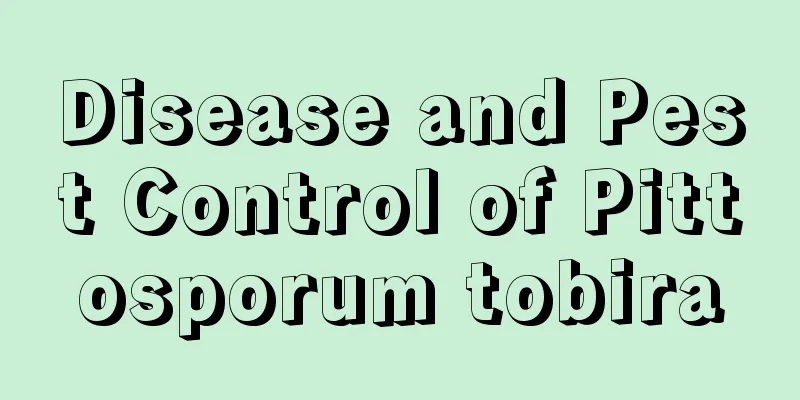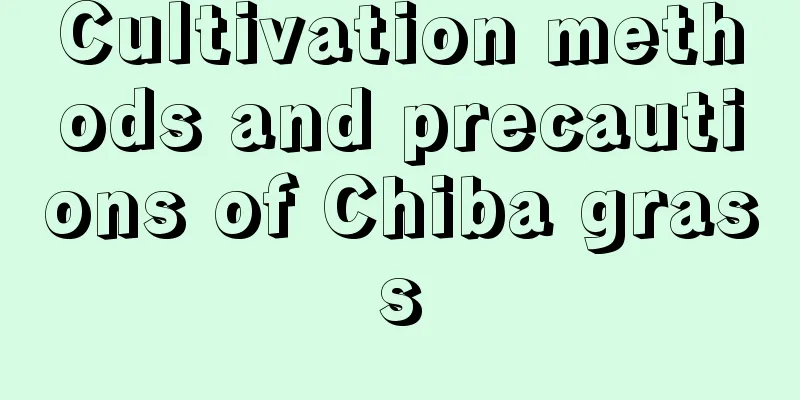Disease and Pest Control of Pittosporum tobira

1. Brown spot diseaseBrown spots appear on the green leaves of Pittosporum. These spots are round, oval, and irregular in shape. Some are large, and some are small. The colors are dark brown and light brown. Some leaves have one spot, and some leaves have several spots of different sizes. This is brown spot disease. In the later stages of brown spot disease, small black spots will appear in the center of the spots, which are the pathogens. Prevention and treatment methodsFirst of all, pathogens should be blocked at the source. Buyers should pay attention to check the leaves when purchasing and avoid buying seedlings with spots. Sellers should check their own seedlings at any time and treat or destroy them in time if any diseases are found. After purchase, plant it scientifically and take good care of it to enhance the immunity of the Pittosporum tobira. If you find spotted branches and leaves, remove and destroy them in time. If you are sure that they have the disease, you can also treat them by spraying pesticides in the correct amount and on time according to the correct treatment method. 2. Sooty diseaseSooty mold mainly manifests itself on the leaves, where some coal ash-like mold will cover the leaf surface, preventing the leaves from receiving light, making it impossible for them to grow normally, and eventually they will dry up and die. Prevention and treatment methodsBecause sooty mold mainly affects the light exposure of plants, to prevent and control this disease, the branches and leaves must be layered in a reasonable, sparse and orderly manner so that every leaf can bathe in sunlight; if diseased branches are found, they must be cut off and destroyed in time. 3. Blowing cotton scaleThe cottony scale is a pest that looks like a spider. It seriously affects the healthy growth of Pittosporum tobira and can even occur multiple times a year. It is a very stubborn and difficult to control pest. Prevention and treatment methodsJust like preventing and controlling brown spot disease, the first thing to do is to block it at the source. Buyers should pay attention to inspection when purchasing and refuse to buy if they find pests. Sellers should take good care of their seedlings and treat pests in time if they find any. If pests are discovered after planting, the first thing to do is to cut off the infested branches and leaves, take them out of the field and destroy them. You can also use insects to prevent pests by introducing red ladybugs that love to eat cottony scale. Of course, you can also use drugs to prevent and control the pests. |
<<: Disease and Pest Control of Sambucus
>>: Common diseases and pests of Lily of the Valley and their control
Recommend
The flower language and legend of wolfberry
The flower language of wolfberry What we see most...
Succulents are not only fresh, but also ugly, making you want to vomit
Succulent cabbage The tumors in the succulent wor...
Hydroponic method of fortune tree
Steps to grow a fortune tree in water Pay attenti...
The flower language and legend of June Snow
The Flower Language of June Snow June snow has ma...
Feng Shui placement of money bag
balcony The balcony is the place in the house tha...
Is sweet potato a fruit or a vegetable?
Is white sweet potato a fruit or a vegetable? Whi...
Forget-me-not seeds
I planted a seed, and it finally grew into a smal...
Is the peony poisonous?
Is it harmful to the human body? Peony likes to g...
Honeysuckle planting method and management technology
Honeysuckle, scientifically known as Lonicera, is...
Can the sedge tree be hydroponically cultivated? Hydroponics cultivation method
Can the Bamboo Tree be hydroponically cultivated?...
Mountain rose varieties
Greenovia aurea It is found in Gran Canaria, Tene...
Keep a pot of "fragrant wood" at home, don't water it for a month, the leaves are still green
What plant is Huahua going to tell you about toda...
Korla Pear Planting Conditions
Introduction to Korla Pear Korla Pear belongs to ...
Cultivation methods and precautions for newly purchased Phalaenopsis
Phalaenopsis is a favorite in the winter flower m...
Cultivation methods and precautions of Changchun oilseed vine
1. Maintenance methods 1. Watering: Evergreen oil...









